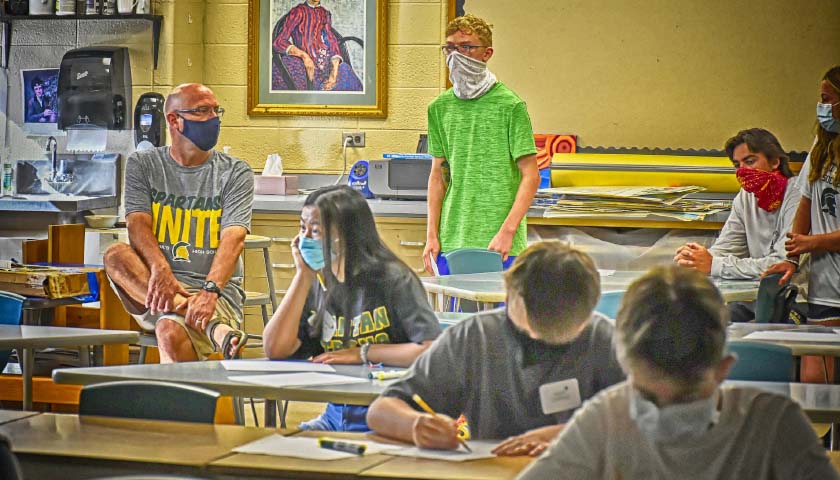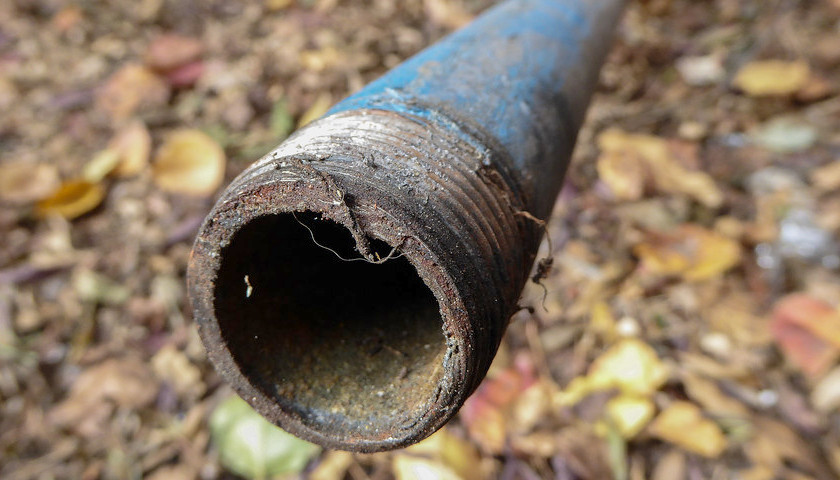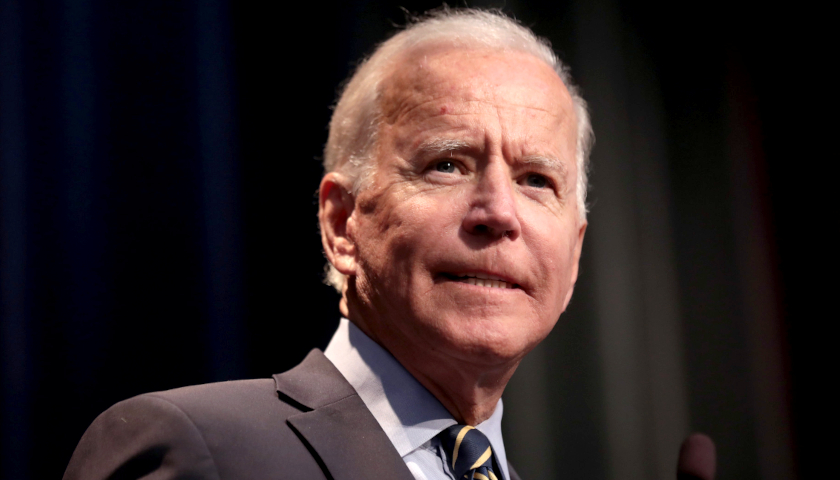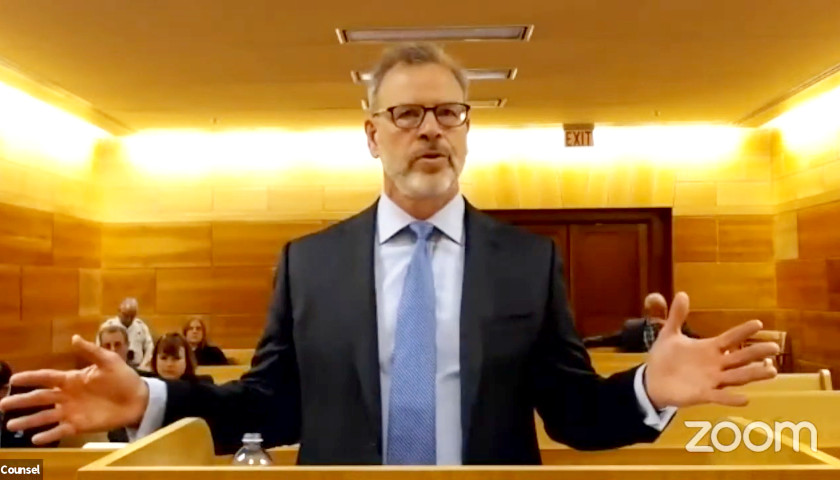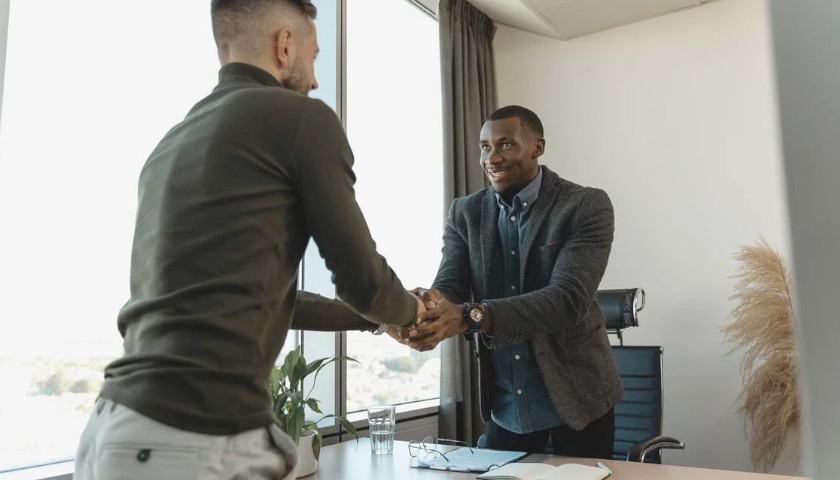by JC Bowman and Scott Cepicky
People should make decisions that result in their best life possible which should include intellectual and moral effort. The Declaration of Independence identified our national identity and the moral standard by which we would live as a nation. The Declaration of Independence was identified by Harry Jaffa as the soul of America, and the Constitution as its body.
The critical elements needed in society today are virtue and character. Aristotle warned that educating the mind without educating the heart is “no education at all.” Although Thomas Jefferson never explained the phrase “the pursuit of happiness” found in the Declaration of Independence, he used a concept put forth by both John Locke and George Mason.
In a self-governing society, the citizens are the decision-makers. We must move beyond traditional party politics and solve problems pragmatically. We see it every day; citizens, people of faith, and neighborhood and community leaders, working together to improve lives. They simply work to make life better for others. We cannot fear where ideas originate. The best ideas come from local leaders and expand outward, not top-down policies pushed by national and state leaders to citizens. You either believe or you don’t that citizens can govern themselves.
Thomas Jefferson emphasized that government closest to the people is the one that governs best. Local ideas tend to be more innovative, efficient, and cost-effective. This is very much true. No level of government or agency can monitor our every action, nor should we want them to. Tricia Beck-Peter writes: “If people are free to determine the courses of our own lives, free to make our own choices, that inherently means that we are free to choose to do terrible things.”
Beck-Peter goes on to state: “With every tragedy – every school shooting, every act of terrorism, every high-profile murder – we as a species ask why this is happening. How could any human choose to harm? Yet perhaps the question isn’t why it happened. Perhaps the question is why more of us don’t commit atrocities.”
She answers later with, “I’m not saying we should accept violence as something so inherent to human nature that we can never escape it. To state that would be to spit in the face of everyone who has mourned a victim of violence and terrorism.” However, what is clear for some is that there is no absolute truth except the belief that there is no absolute truth.
Violence creates more social problems than it solves. Jefferson wrote, “No man has a natural right to commit aggression on the equal rights of another, and this is all from which the laws ought to restrain him.” What role should our institutions play in the development of virtue and character?
Virtues must be taught and communicated, so the next generation develops good character. We must courageously discuss the role of the family, the community, faith-based institutions, civic clubs, associations, and institutions in teaching virtue and character to our children. For too long we have merely expected public schools to fill a role they were never designed to fill. We blame all the inequities in society on American education.
Teachers understand that every student who walks through their door is different. Still, we want all children to grow up to be responsible citizens with good character. Children should learn to feel, think, and act with respect for themselves and other people. Students should be eager to learn and be engaged. It all starts with the basics of reading, writing, and arithmetic. Some skills are necessary for informed, effective, and responsible participation in our political process and civil society. We must focus on the basics to unlock the potential of our students and therefore the successful future of Tennessee.
Educators understand that critical thinking, creativity, conflict resolution, communication, and teamwork are essential in our classrooms. Albert Einstein once said, “not everything that counts can be counted, and not everything that can be counted, counts.” We should remind ourselves of this when we review test scores.
We place unrealistic expectations and unreasonable demands on our educators. Teaching is and has always been challenging. Educators certainly never asked to become combatants in our culture wars. They didn’t create the standards, choose the curriculum, or buy the textbooks. Most welcome more transparency into those processes. We have unfairly subjected public schools to the frontlines of the battles that we as adults have waged in our culture wars. Then we treat our educators as if they are enemies. That must stop.
Most educators focus on the bigger picture of serving children and preparing them for lives as informed and engaged citizens. They are influencing the development and abilities of the next generation, so they can positively contribute in the future to our society. Being a good citizen means caring about the good of society and participating actively to make things better. Martin Luther King, Jr. added: “Intelligence is not enough. Intelligence plus character, that is the goal of true education.”
Education should be a gateway to opportunity and a path that puts every child in a position to pursue happiness. If we could come together, despite our political differences, we could advance policies in Tennessee that make public education better for educators and students.
Rather than exacerbate current political arguments, we should roll up our sleeves and work collectively to help every child realize the American Dream. Education plays a critical role in that process but needs more help from families, communities, faith-based institutions, civic clubs, associations, and institutions. Edmund Burke told us, “A statesman sees into the future and acts on it now.” It is time for action.
– – –
JC Bowman is the executive director of Professional Educators of Tennessee. Scott Cepicky is the state representative for the 64th District of the Tennessee House of Representatives.

